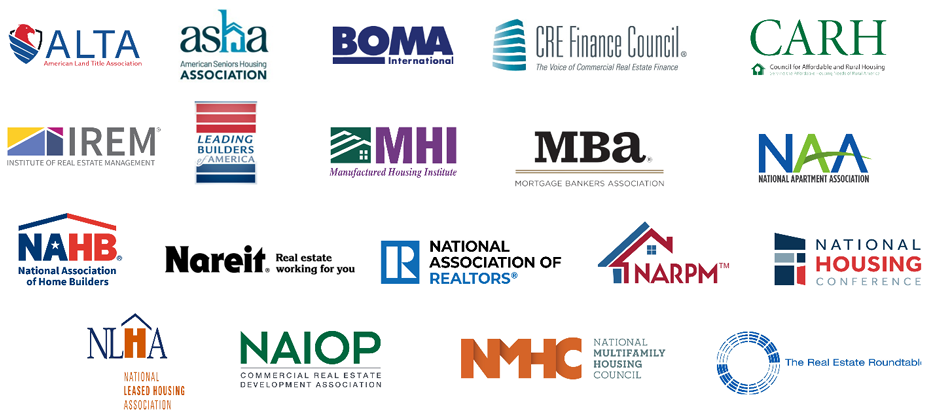
In July, the White House announced a nationwide rent control plan that aims to cap rent increases at 5%. Owners of rental housing would only be able to take advantage of depreciation write-offs if they limit annual rent increases to no more than 5%, effectively trading depreciation deductions for price controls.
Economists on Rent Control Proposals
- The White House’s recent rent control plan, while intended to make renting more affordable, would impede the production of much-needed housing, particularly for affordable units. (RW, July 19)
- Last week, The Roundtable and a coalition of national real estate associations, wrote to President Biden expressing strong opposition to the proposed rent control measures. (RW, July 26)
- Economists across the political spectrum widely agree that rent control is a discredited policy. Jason Furman, the former Obama administration’s top White House economist, asserts that rent control would worsen housing supply issues instead of solving them.
- A recent study by the University of Chicago surveyed 45 economists from elite institutions, revealing near-universal agreement that national rent control measures would do little to aid Americans and would ultimately worsen the housing shortage. (NMHC, July 30)
Survey Findings:
- No economist agreed rent control would substantially reduce income inequality.
- 2% of economists surveyed agreed that a national rent cap would substantially improve the lives of middle-income Americans over the next 10 years.
- 62% of the economists agreed or strongly agreed that the Administration’s rent cap proposal would substantially reduce the amount of available apartments over the next 10 years, compared to 7% who disagreed.
The Roundtable will continue to encourage policymakers to enact measures that will expand the nation’s housing infrastructure, develop more affordable units and reduce the costs of housing.




